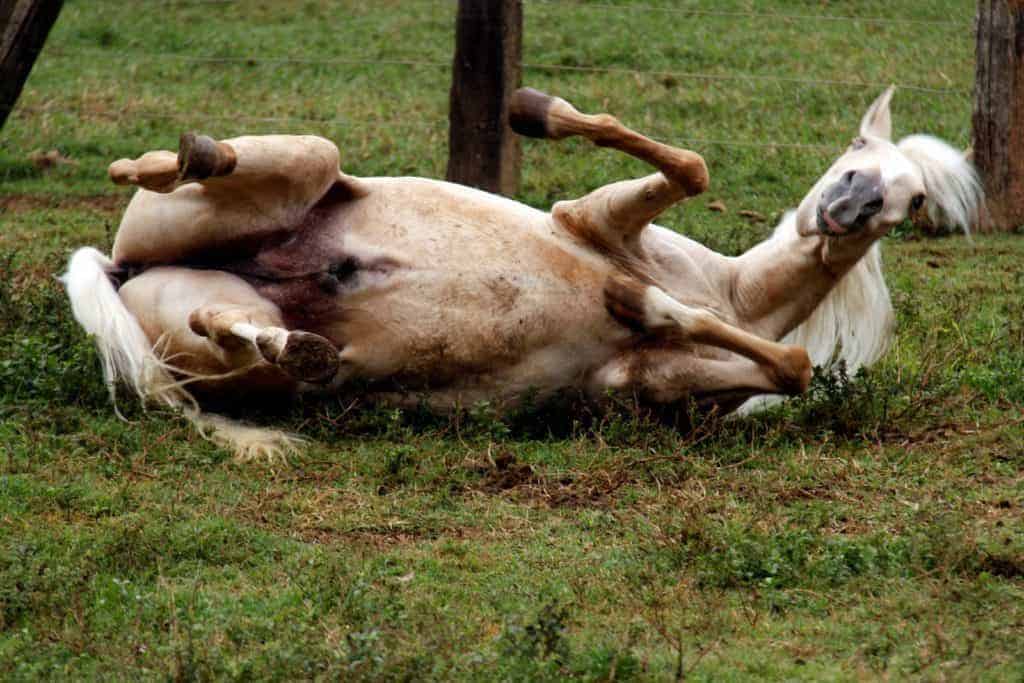The Otherwise Apparently Healthy Collapsing Horse

Key to treating a collapsing horse successfully is pinpointing the cause, which can take some sleuthing.
Joe Bertone, DVM, MS, Dipl. ACVS, and Stephen Reed, DVM, Dipl. ACVIM, described their approaches to these cases while moderating the discussion at the 2016 American Association of Equine Practitioners Convention, held in December in Orlando, Florida. Bertone is a professor of equine medicine at Western University of Health Science’s College of Veterinary Medicine, in Pomona, California, and has a special interest in sleep deprivation. Reed is an internist and shareholder at Rood & Riddle Equine Hospital, and his bailiwick is equine neurology; this means he sees a steady caseload of what he sometimes calls “clumsy horses,” or uncoordinated animals because of neurologic disorders. Both veterinarians possess an infectious enthusiasm for difficult-to-diagnose cases.
When Bertone gets a call about a collapsing horse, 90% of the time the horse is sleep-deprived. The other 10% of the time the horse is suffering solely from a neurologic, musculoskeletal, or other type of condition. Common reasons Bertone sees for horses collapsing that could fit in the sleep-deprivation category include boredom (think of a show horse collapsing in the crossties at 4 a.m. while being braided), dominance displacement (when an aggressive gelding keeps vigil and, thus, never sleeps), and the pain and pregnancy mentioned earlier
Create a free account with TheHorse.com to view this content.
TheHorse.com is home to thousands of free articles about horse health care. In order to access some of our exclusive free content, you must be signed into TheHorse.com.
Start your free account today!
Already have an account?
and continue reading.

Written by:
Stephanie L. Church, Editorial Director
Related Articles
Stay on top of the most recent Horse Health news with















